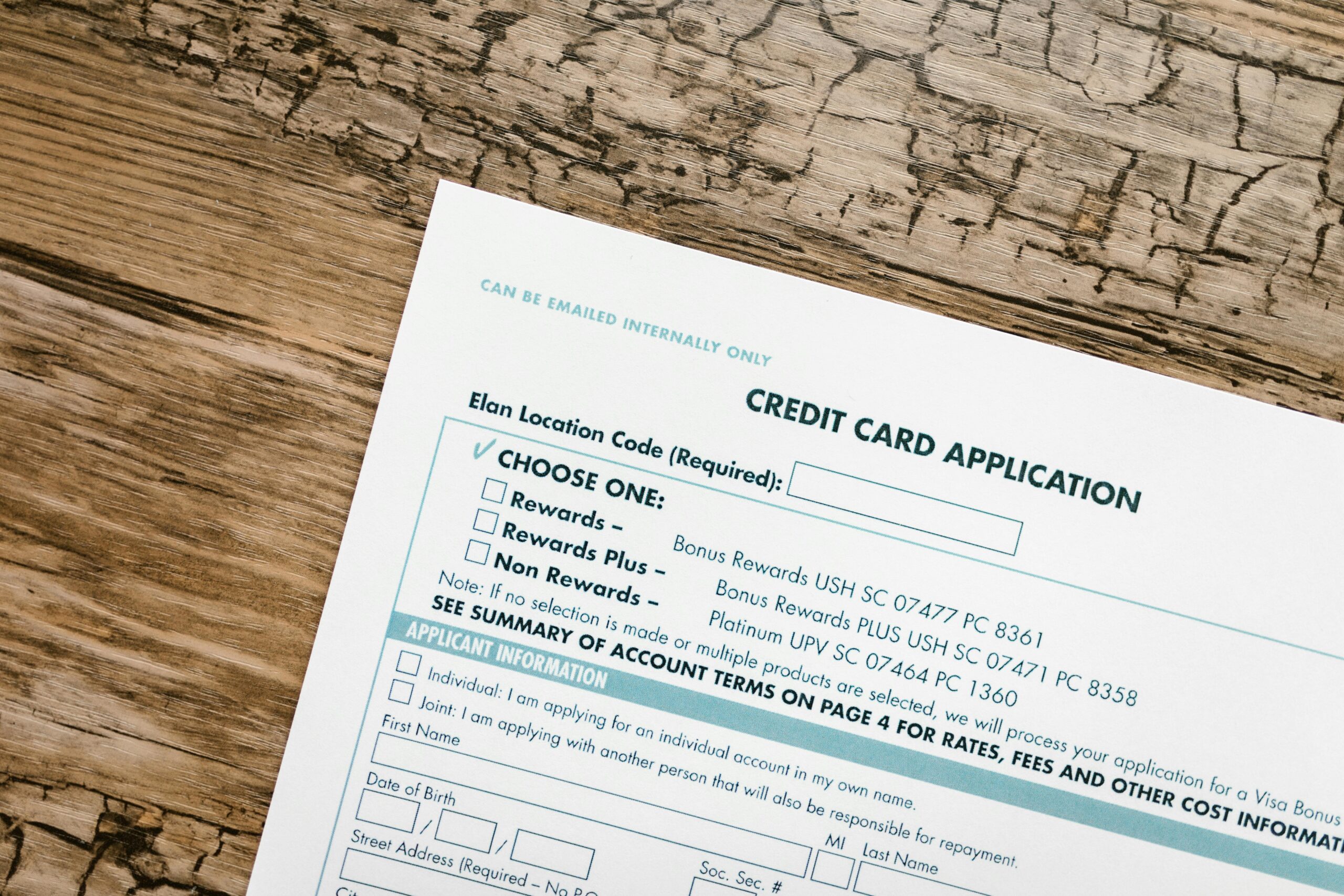Learn everything about unsecured personal loans, including how they work, their benefits, drawbacks, and common uses. Get tips on eligibility, interest rates, and how to apply, along with advice for borrowers with bad credit.
What Is an Unsecured Personal Loan?
An unsecured personal loan is a type of loan that does not require you to pledge any collateral, like a car or home, to secure it. Instead, lenders evaluate your creditworthiness based on factors like your credit score, income, and financial history. These loans are ideal for individuals who don’t have valuable assets or don’t want to risk losing them in case of non-repayment.

How Do Unsecured Personal Loans Work?
Lending Process
When you apply for an unsecured personal loan, the lender reviews your financial profile, credit score, and income. Based on this evaluation, they determine whether you’re eligible for the loan and, if so, what interest rate and repayment terms will apply. If approved, the funds are usually disbursed as a lump sum, which you can use for various purposes.
Terms and Conditions
The terms of unsecured loans vary widely depending on the lender and your credit profile. Loan amounts typically range from a few thousand dollars to tens of thousands, and repayment terms can extend from a few months to several years. Interest rates are generally higher than those of secured loans due to the increased risk for the lender.
Benefits of Unsecured Personal Loans
No Collateral Required
One of the main benefits of unsecured personal loans is that you don’t need to provide any collateral. This is especially useful if you don’t own any significant assets or prefer to avoid risking them.
Flexible Loan Amounts
Unsecured loans come in a variety of amounts, making them suitable for everything from small personal projects to larger financial needs like debt consolidation.
Drawbacks of Unsecured Personal Loans
Higher Interest Rates
Due to the absence of collateral, unsecured loans typically come with higher interest rates. This is the lender’s way of balancing the risk of offering loans without any asset-backed security.
Impact on Credit Score
Unsecured loans heavily rely on your credit score for approval. Applying for too many loans or failing to repay an unsecured loan can negatively impact your credit score.
Common Uses of Unsecured Personal Loans
Debt Consolidation
One of the most popular uses for unsecured loans is debt consolidation. By combining multiple high-interest debts into one loan with a potentially lower interest rate, you can simplify your finances and possibly save money.
Home Improvements
Many people take out unsecured loans to fund home improvement projects, especially when they want to avoid taking out a home equity loan.
Medical Expenses
Unexpected medical costs can be overwhelming, and an unsecured personal loan can help cover these expenses, allowing you to focus on your health rather than your finances.
Difference Between Secured and Unsecured Personal Loans
Risk Factor Comparison
Secured loans are backed by collateral, making them less risky for lenders. As a result, they often come with lower interest rates. Unsecured loans, however, pose more risk to lenders and typically come with higher interest rates.
Collateral Requirements
A secured loan requires you to pledge an asset (e.g., home or car) as collateral. Unsecured loans, on the other hand, don’t require collateral, but they may be harder to qualify for if you have poor credit.
Eligibility Criteria for Unsecured Personal Loans
Credit Score Requirements
Your credit score plays a vital role in determining your eligibility for an unsecured personal loan. Generally, a score of 650 or higher increases your chances of approval.
Income Verification
Lenders also require proof of stable income to ensure that you can repay the loan. You’ll need to provide pay stubs, bank statements, or tax returns during the application process.

How to Apply for an Unsecured Personal Loan
Online vs. In-Person Applications
Many lenders offer both online and in-person application options. Online applications are more convenient and faster, while in-person applications can offer more personalized assistance.
Documents Needed
Typical documents include identification, proof of income, and credit history details. Having these ready speeds up the application process.
Factors Affecting Loan Approval
Debt-to-Income Ratio
A key factor lenders consider is your debt-to-income ratio. Lenders prefer borrowers with a low debt-to-income ratio, as this indicates the ability to handle additional debt.
Employment History
Lenders often look for steady employment history to assess your ability to repay the loan. A stable job with a consistent income increases your approval chances.
Tips for Securing a Better Loan
Improving Your Credit Score
Before applying, work on improving your credit score by paying down existing debt, avoiding late payments, and checking your credit report for errors.
Shopping Around for Lenders
Different lenders offer varying terms and rates, so it’s wise to shop around and compare offers before committing.
Interest Rates on Unsecured Personal Loans
Fixed vs. Variable Rates
Some unsecured loans come with fixed interest rates, meaning your monthly payments won’t change. Others have variable rates that may fluctuate, potentially increasing your costs over time.
Factors Affecting Interest Rates
Your credit score, loan amount, and repayment term all influence the interest rate you’re offered. Borrowers with higher credit scores typically receive better rates.
Repayment Terms
Monthly Installments
Most unsecured personal loans are repaid in fixed monthly installments. This predictability helps with budgeting and ensures you know exactly how much to pay each month.
Prepayment Options
Some lenders allow you to pay off your loan early without penalties. This can save you money on interest, so it’s worth asking about prepayment options.
Unsecured Personal Loans for People with Bad Credit
How to Qualify
While it can be more challenging, you can still qualify for an unsecured personal loan with bad credit by finding lenders who specialize in bad credit loans or by using a co-signer.
Lenders Who Work with Bad Credit
Certain lenders are more willing to work with borrowers who have less-than-ideal credit. These lenders may charge higher interest rates, but they offer access to loans that traditional banks might deny.
Risks of Defaulting on an Unsecured Personal Loan
Legal Consequences
If you default on an unsecured loan, lenders may take legal action to recover the funds, which can result in wage garnishment or court judgments.
Impact on Future Borrowing
Defaulting on a loan severely damages your credit score, making it harder to secure loans in the future and increasing the interest rates you’ll be offered.

Conclusion
Unsecured personal loans offer a flexible solution for individuals needing funds without the need for collateral. While they come with higher interest rates, the lack of asset requirements makes them accessible to many borrowers. By understanding the loan terms, shopping around, and working on your credit score, you can maximize your chances of getting favorable terms and successfully managing your loan
